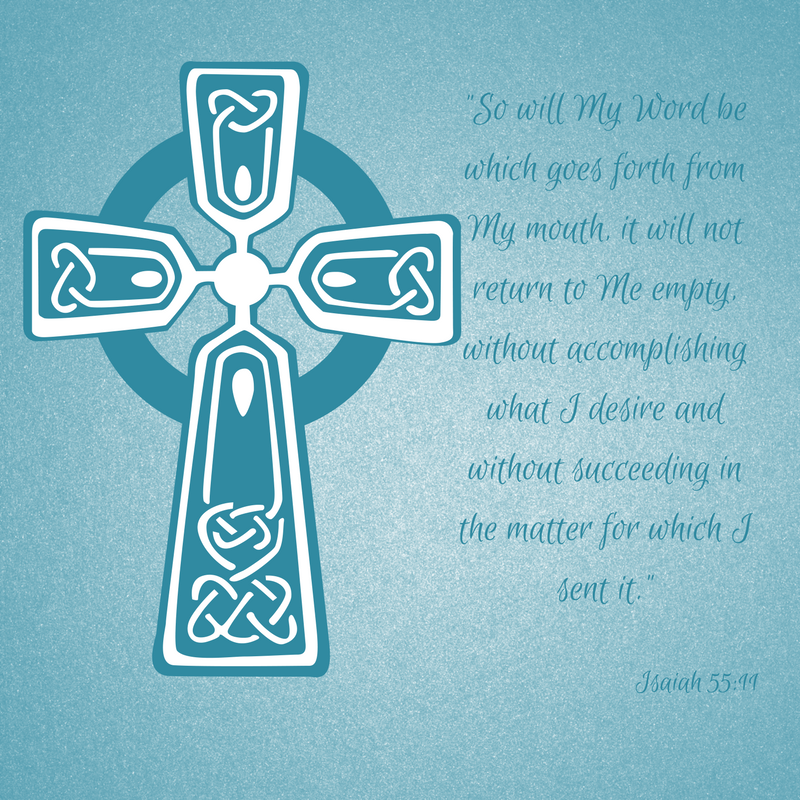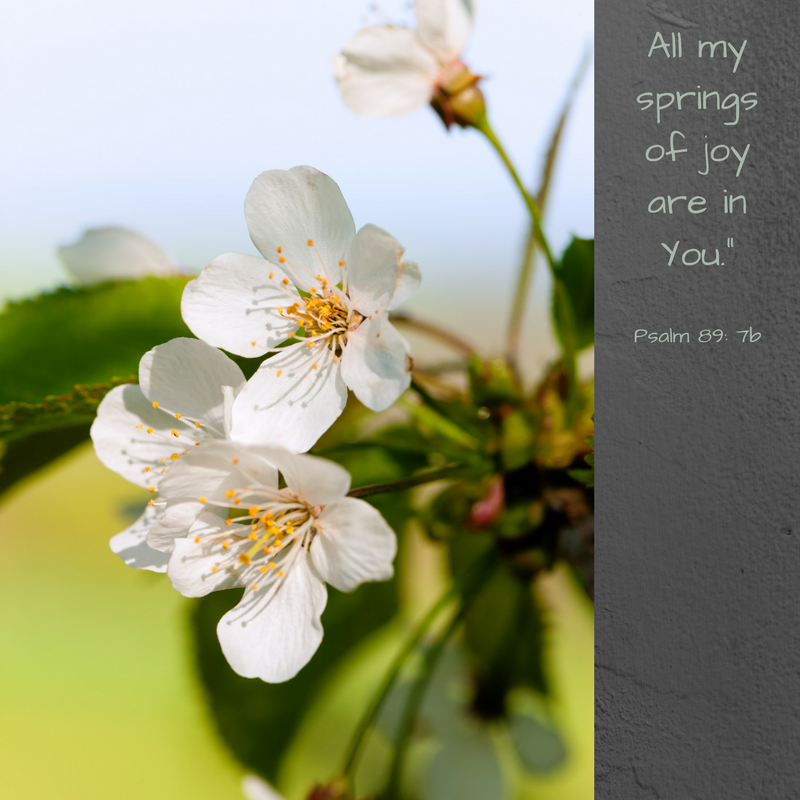
I’m a fan of the wonderful spring holiday of St. Patrick’s Day. I’m not Irish, but having corned beef, cabbage and Irish soda bread is a great tradition. And then there is the tradition a friend of mine and I started years ago of enjoying chocolate in the form of “Black Bottom Cupcakes” on the day. (See the recipe at the end of this post.) I don’t remember how or why, but having the ritual of chocolate consumption is never a bad thing. But all that aside, there is a much more serious reason I love this holiday.
St. Patrick—he’s technically not a “capital S” saint since the Roman Catholic Church has never elevated him to that status—wields an amazing influence on us today. Let me explain.
In the early 5th century, Patrick was a young teen living in Scotland northwest of present day Glasgow. He was captured and enslaved by a barbarian Celtic lord. During his six years of captivity he returned to the faith he had abandoned. After escaping, he went back to Scotland and became a cleric. When he was nearly 40, he returned to Ireland. Palladius, the first missionary to Ireland, had gone in 451 AD. Palladius wasn’t terribly successful in his mission to the pagan Celts in Ireland. Patrick, following about 5 years later however, had strong influence and is largely responsible for establishing the Christian faith on the Emerald Isle and virtually preserving Christianity and the Bible throughout the Western world.
There are many legends surrounding Patrick, but what I think is most important is that because he was faithful in sharing the Gospel of Jesus and working to teach and nurture Christian faith among the Irish we have Bibles in our hands today. I can hear you exclaim, “What?!” Hear me out.
Ireland became and still is the home of many medieval monasteries. There in many of them, the Scriptures were carefully copied by hand by monks laboring quietly in Scriptoriums. These isolated places were first established in the 5th century about the time Patrick was working to share the Gospel. Hear what “Ask About Ireland”- a website shares in explaining this to school children:
The first monasteries were usually built in isolated places like Glendalough in Co. Wicklow or on islands such as Skellig Michael off the coast of Co. Kerry. Some monasteries were also built near the forts of important kings like the monastery of Clonard in Co. Meath. The monks chose these isolated places because it allowed them to pray and work without distraction.
As well as praying and fasting, some monks spent their lives making beautiful copies of the Bible. The Book of Kells, written in the ninth century, about 800 AD, is a famous example of this. It was named after a town called Kells in Co. Meath where it was once kept. This book can now be seen in Trinity College, Dublin. Another famous book which was written by monks in Ireland is the Book of Durrow.
These manuscripts of the Bible were God’s way of preserving and extending the spread of His Word. There were no printing presses for nearly a thousand years yet and Europe was deep in what has been called the Dark Ages. While the rest of Europe was experiencing a time of illiteracy, superstition, cultural and intellectual darkness, these monks were laboriously and scrupulously copying God’s Word. Their work preserved the Scriptures which otherwise would have completely disappeared.
How amazing that the quiet life of Patrick and these unknown men faithfully following their calling have given us the unspeakable privilege of having the Bible in our hands today!
So, thinking of my life, my skills, my “calling” makes me reflect on our Faithful God who uses the most obscure and interesting ways of accomplishing His work. So I ask myself, “Have I been a faithful parent, teaching my children and grandchildren to love Jesus and His Word? Have I used the opportunities that come because of my daily life to tell others of Jesus? Have I worked to build up and encourage others in their faith? How is God using me and my plain, obscure life to accomplish His Plan?”
Question:
What is your calling? Are you being faithful to it? Do you know that you will have an influence for generations to come if you are faithful?
And here is the promised recipe:
Black Bottom Cupcakes
Mix the following and set aside.
1 — 8 oz. package of cream cheese, softened
1/3 C. sugar
1 egg
6 oz. (½ C.) chocolate chips
Make the cake batter as follows.
1 ½ C. flour
1 C. sugar
¼ C. baking cocoa
1 tsp. baking soda
½ tsp. salt
1 C. water
5 Tbsp. vegetable oil
1 Tbsp. vinegar
1 tsp. vanilla
Preheat oven to 350°. Stir dry in ingredients together. Mix liquids and combine with dry gradually. Spoon into 18 paper-lined muffin cups (Be sure to make 18!!) Top with cream cheese mixture. Bake for 25 minutes until toothpick put into cake comes out dry.
